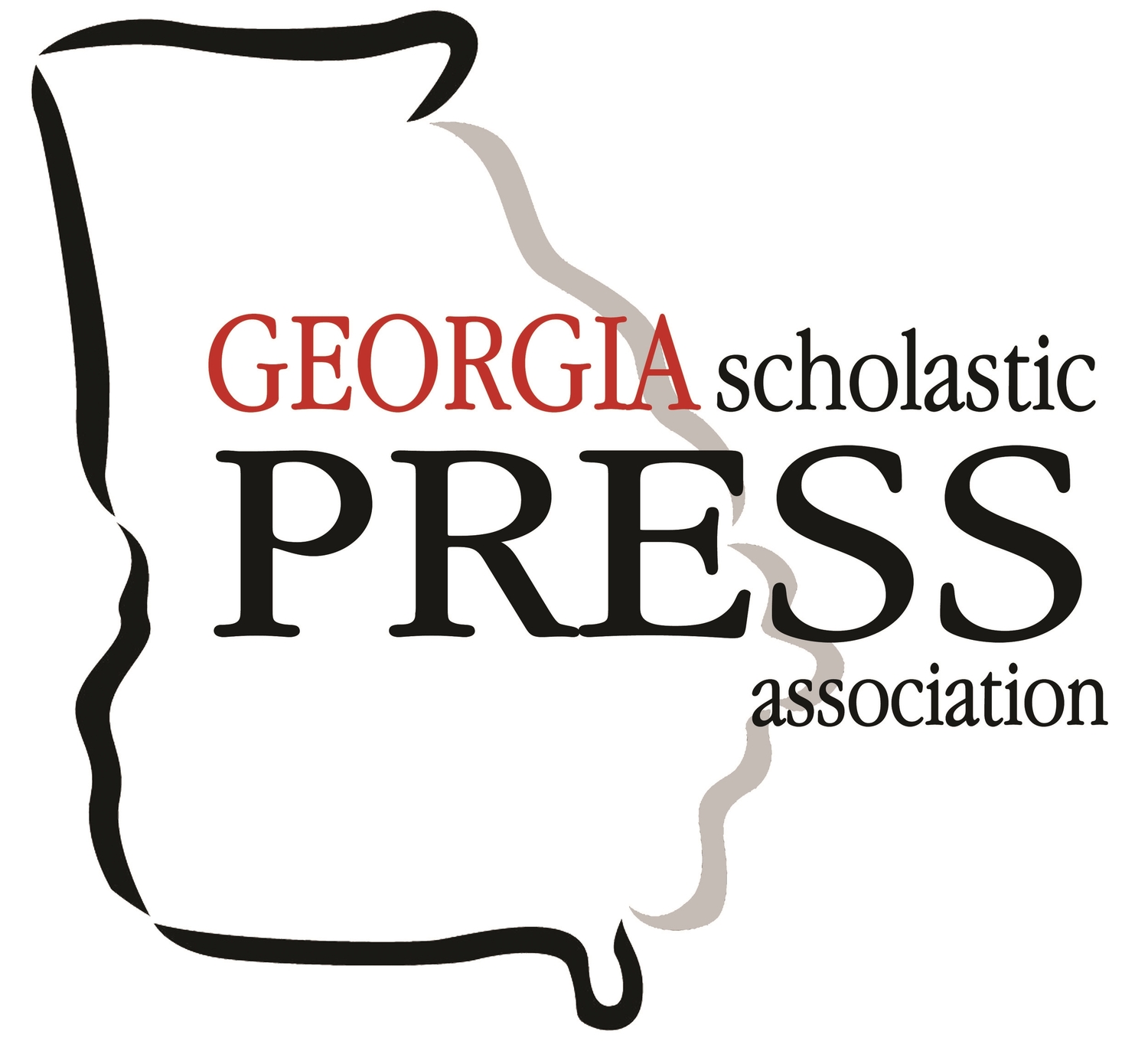Opportunity to learn about prior review and prior restraint coming Nov. 18
/Join the University of Georgia School of Law First Amendment Clinic for a presentation on prior review and prior restraint of student journalists who create content for their school-sponsored media. The presentation on Thursday, Nov. 18 at 4 p.m. will cover what these practices are, why they discourage student discussion of important topics, and how we can work towards eliminating these practices in school-sponsored media.
The Zoom meeting details are:
Meeting ID: 835 8385 1099
Passcode: mn1U6k
Get a head start by reviewing the information below provided by the First Amendment Clinic.
What is Prior Review?
Prior review occurs when a school administrator, other than an official member of the school-sponsored media’s editorial staff, reviews content before it is published. If an administrator engages in prior review and then stops certain speech or ideas from being published, they cross the line into prior restraint,[1] which is a First Amendment violation outside of a school context. It can also be a First Amendment violation in school-sponsored media if done without a valid educational reason (see “Prior Restraint” page).
Often, knowing that a school administrator will review material before it is published causes students to self-censor to ensure that their work gets approved. When students self-censor in response to prior review, this is referred to in First Amendment terms as a “chilling effect.” There is a “chilling effect” when journalists self-restrict their work out of fear of retaliation or because they have been punished or prohibited from publishing work in the past. Read the full information sheet on Prior Review here.
What is Prior Restraint?
Free expression is an important part of our U.S. democracy. Thomas Jefferson once said: “Our liberty depends on freedom of the press, and that cannot be limited without being lost.”[1] Prior restraint limits this right to free speech and press and censors speech protected by the Constitution.
Prior Restraint is a form of censorship where speech or expression is stopped before it occurs.[2] For student journalists, prior restraint happens when a school administrator limits or bans student speech from being published. This usually happens after an administrator reviews the student journalist’s writing (see page on Prior Review) and decides that the material will not be published, or that parts of it have to be removed before it can be published. Read the full information sheet on Prior Restraint here.
[1] See Thomas Jefferson, Quotes by and about Thomas Jefferson: Extract from Thomas Jefferson to James Currie (Jan. 28-29, 1786), https://tjrs.monticello.org/letter/2141.
[2] See Daniel Baracskay, The First Amendment Encyclopedia: Prior Restraint (2009), https://www.mtsu.edu/first-amendment/article/1009/prior-restraint.

